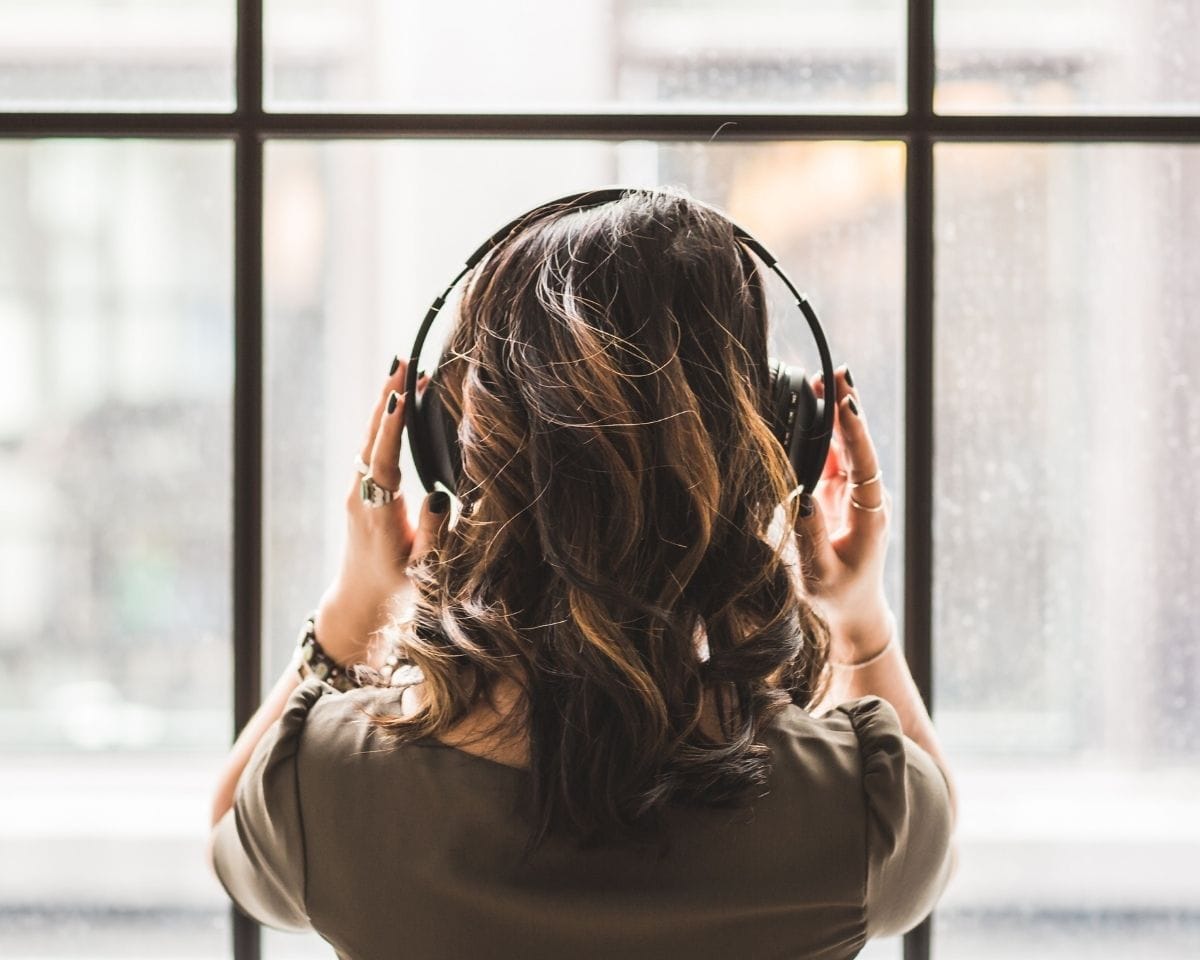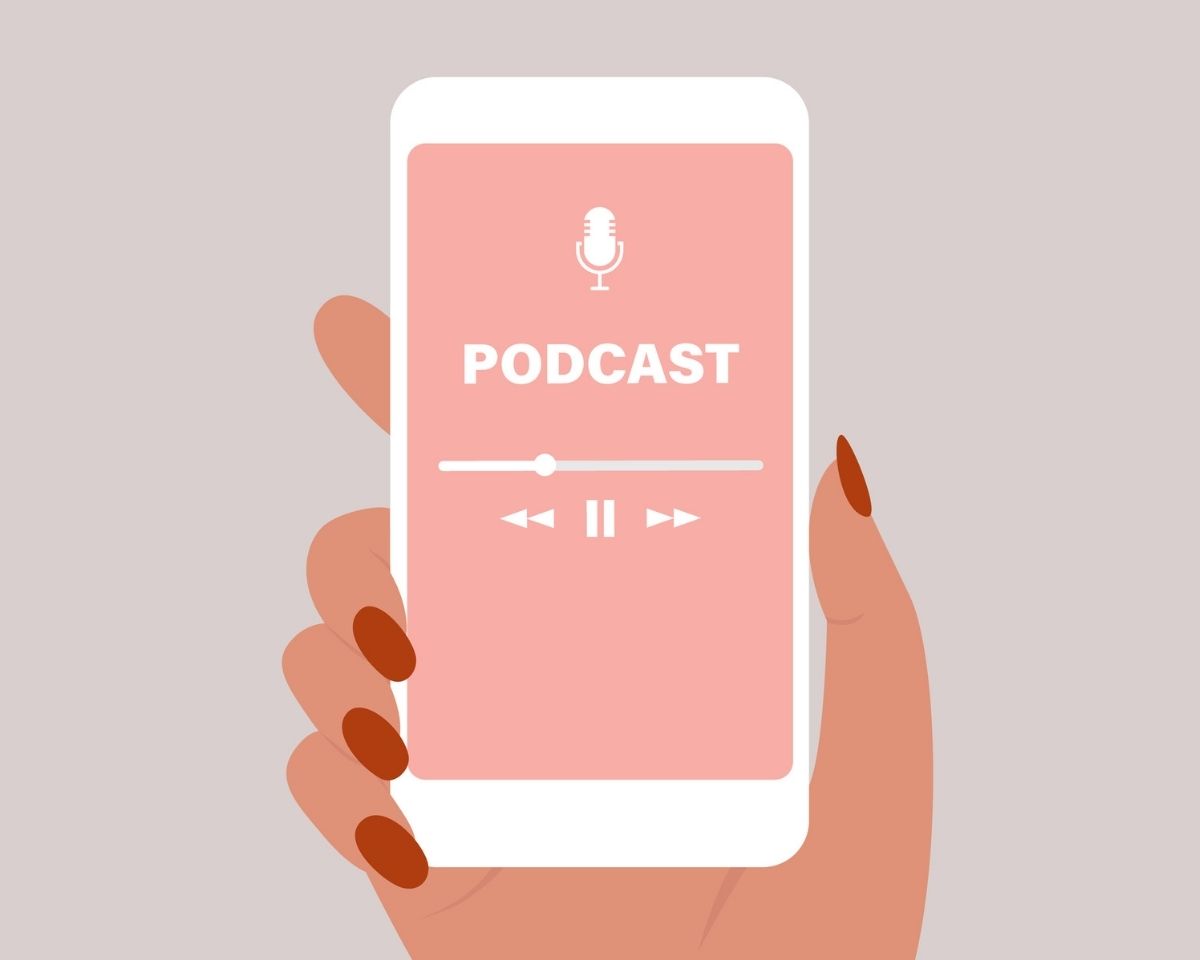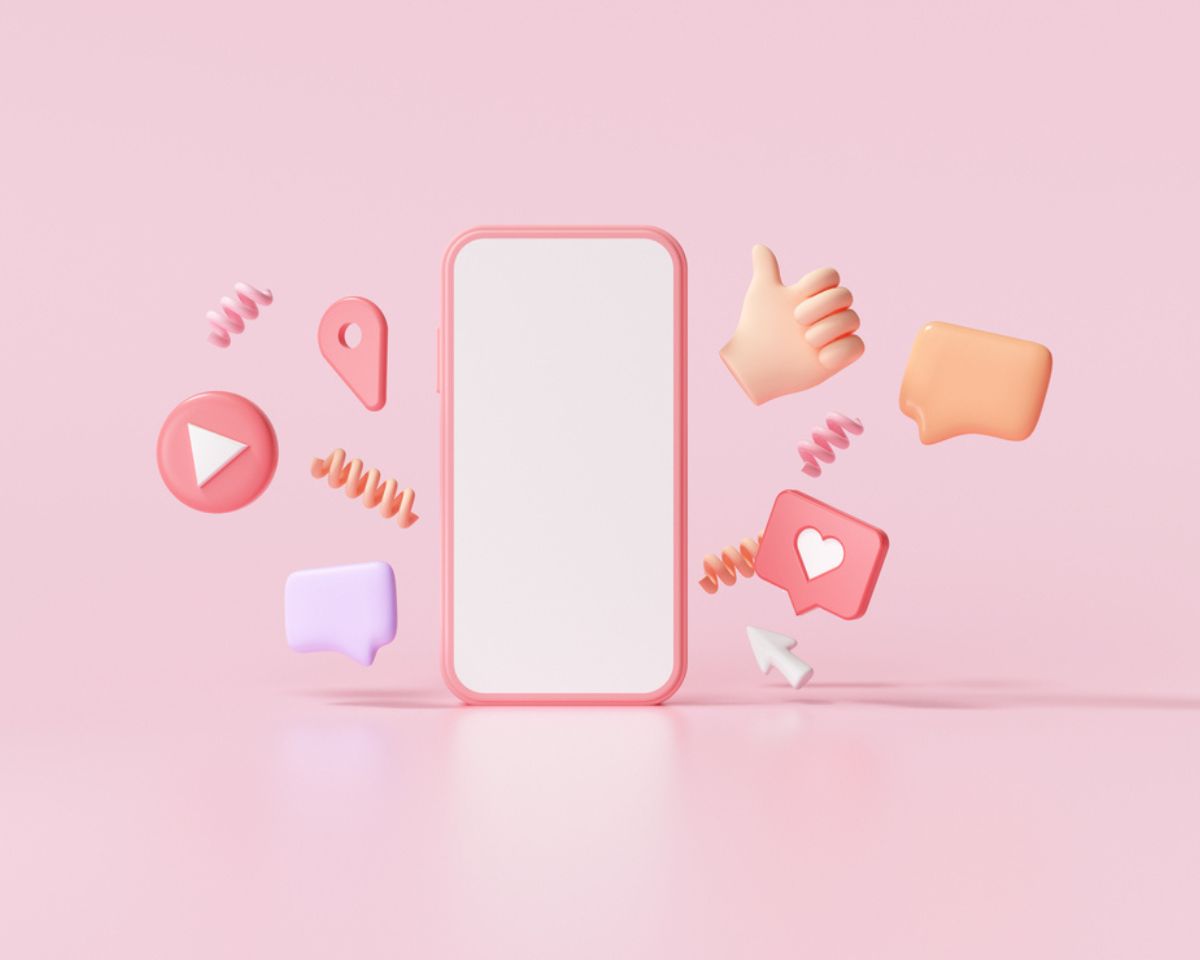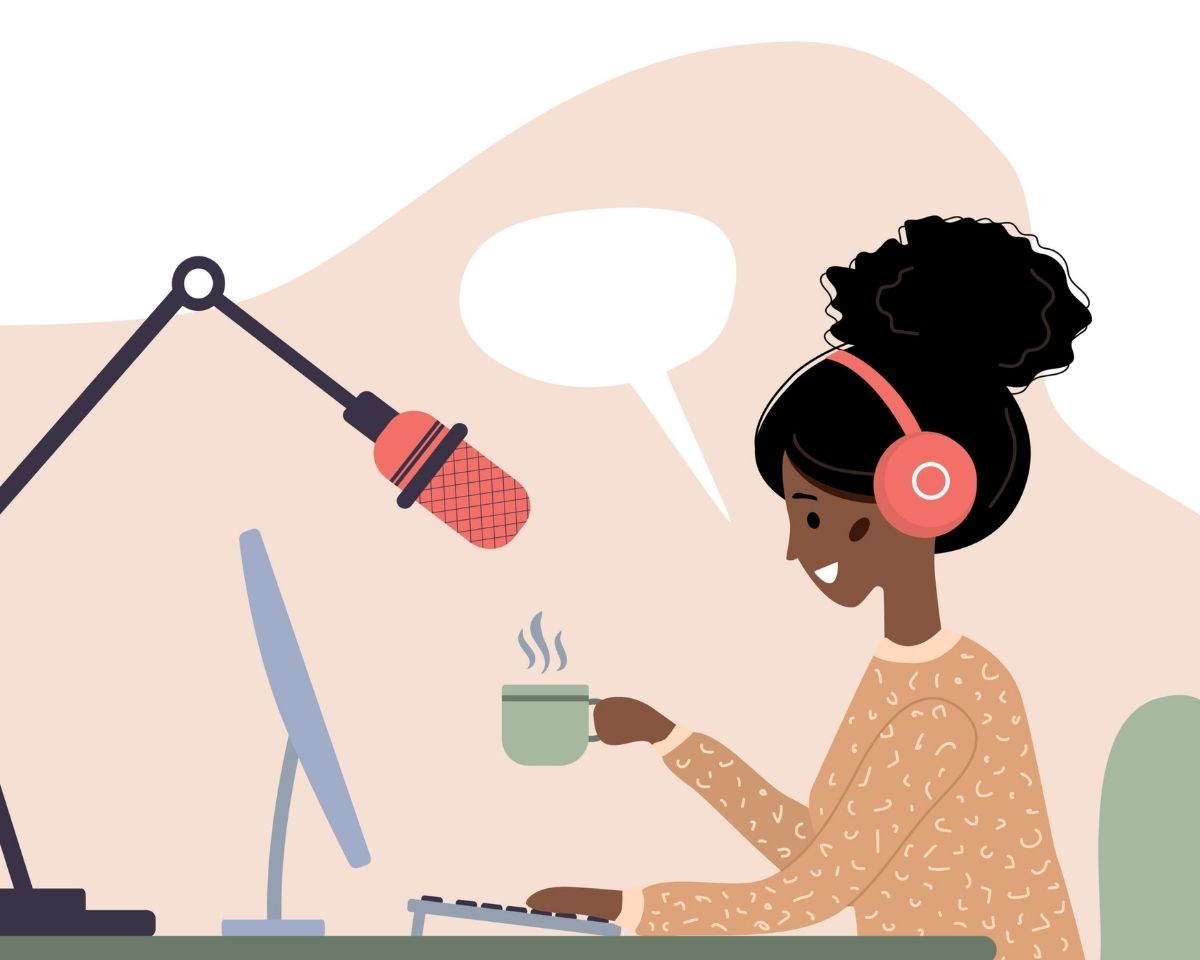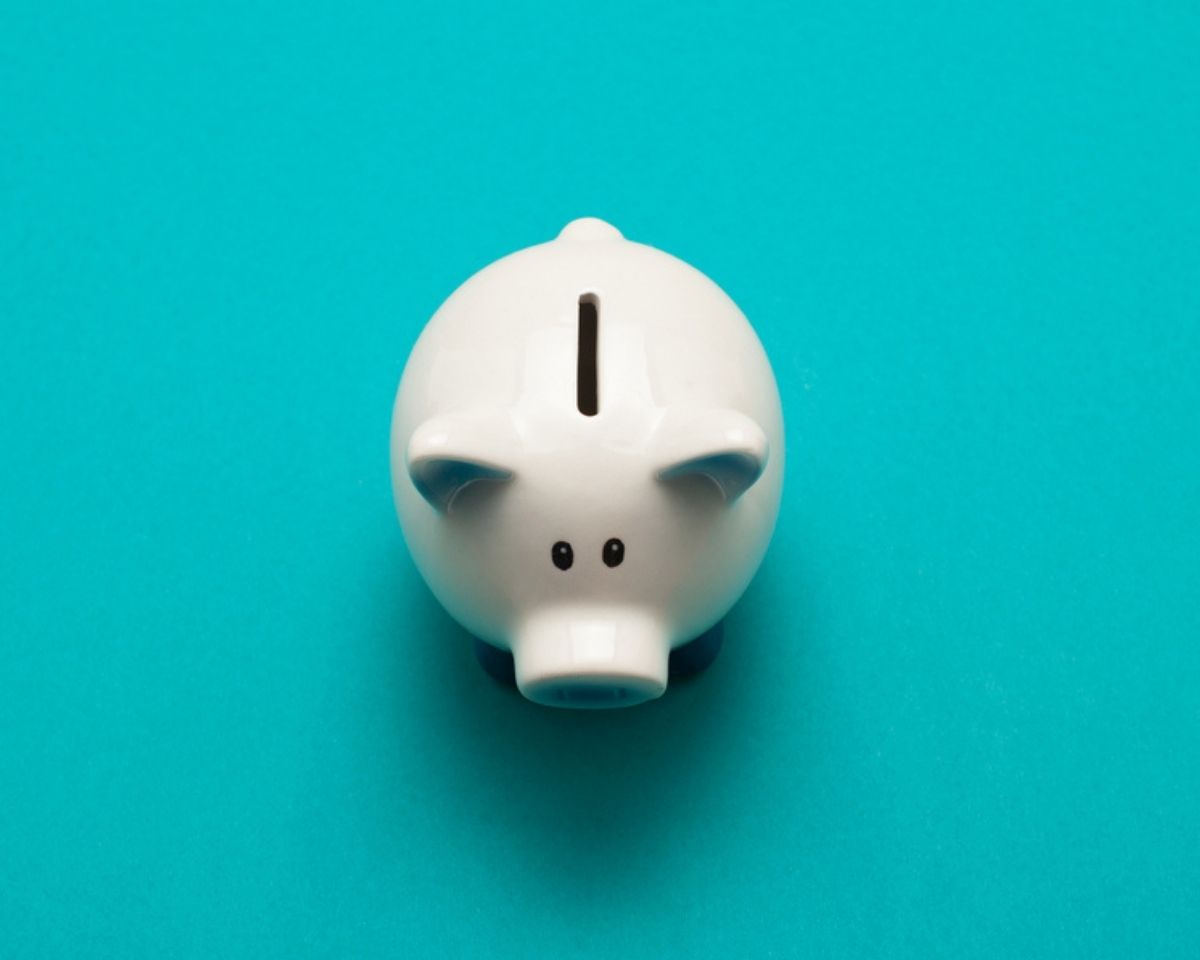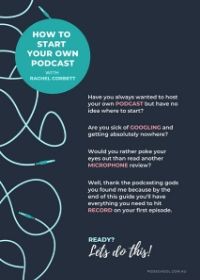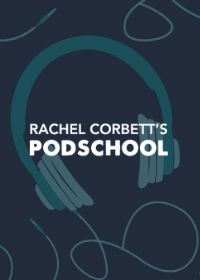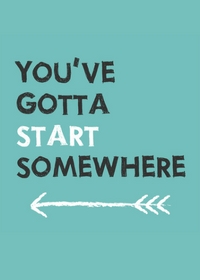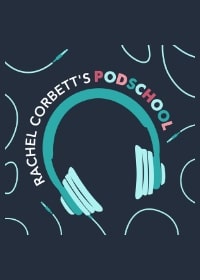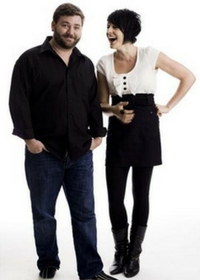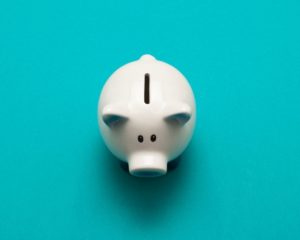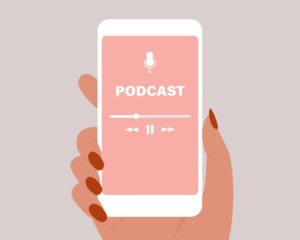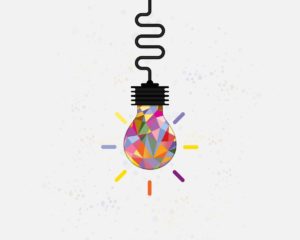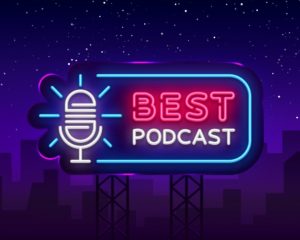
It’s so hard to say goodbye
How do you make the most of the real estate at the end of your podcast so you don’t waste those final precious moments saying something like: “Ummmm, ok…so, that’s it…BYE!”?
We often spend a lot of time thinking about how to get into our content but it’s just as important to think about how you wrap things up.
Why your outro is important
Since a lot of people don’t listen all the way through a podcast episode, the people who’ve stuck with you to the end are your hardcore fans.
That means they like what you do and will probably want to hear more of it. Or want to find out how they can keep the conversation going.
Your outro is a good place to tell them what to do next so the relationship doesn’t end when the episode is over.
Different options for how to end your podcast episodes
Ask people to follow/subscribe, leave a review or share your show
If your audience makes it all the way to the end of your episode there’s a good chance they liked what you had to say.
That makes it the perfect place to ask them to follow or subscribe to your show, leave a review or share it with their friends because they’ve clearly gotten a lot out of it.
Subscribers (also called followers in some apps) are important because when people subscribe to or follow your show their podcast app automatically dishes up your latest episode straight into their feed.
That way they don’t have to go searching for it every time a new episode drops.
Reviews are great too because when new listeners find your show they can see it’s good if there are already a bunch of testimonials talking it up.
Word of mouth is still one of the best ways to build an audience so make sure you encourage people who love your podcast to spread the word both inside podcast apps and out in the real world.
Ask people to join your online community
At the end of your podcast episode, a lot of listeners will want to know how they can continue the conversation with you.
Pointing them to your Facebook group, email list or social media profile(s) is a great way to build a club of dedicated fans who can engage with you outside your weekly episodes.
Point people to the show notes page on your website
Getting people back to your website at the end of an episode is always a good idea, especially if they can find useful content there.
Your show notes page is a place where listeners can get more information about topics you’ve covered on the show as well as resources you think they might find useful.
I often send people back to my website at the end of my podcast episodes because I’ve got heaps of helpful content there as well as links to my other podcasts, information about me, my podcast guide and my online podcasting course, PodSchool.
Send listeners to a landing page for free resources
If your podcast is educational why not create additional resources your audience can download after the show has ended?
Examples include cheat sheets, editable PDFs, infographics, or ‘how to’ guides.
You can create anything that’s going to help your audience implement the stuff you’ve been talking about on your podcast.
Let them know where they can donate to your podcast
A lot of podcasters use platforms like Patreon to get financial support from their audience.
Often, shows that are funded this way offer something additional for paying subscribers. It might be merch, an ad-free version of the show, or a discount on tickets to live events.
You can be as creative as you’d like and I’d encourage you to give serious thought to what you can do to thank people who support you in this way.
When the expectation is that podcasts are free it’s a big thing for someone to dip into their pocket and say “I’m willing to pay to keep this show alive.”
So, it’s important you give people who do this something they’d value to say thank you.
Keep it simple
While there are plenty of different things you can encourage listeners to do at the end of each episode, ideally, you don’t want to ask them to do all of them at once.
Instead, try rotating a different call to action at the end of each episode so you’re only asking them to do one thing at a time.
This will increase the chances of them doing it and decrease the chances of them feeling like they’re getting a long list of homework at the end of each episode.
Got a burning podcasting question you’d like answered? Send me an email.
Want to start your own podcast but need a little help? Download my “How To Start A Podcast” guide or sign up for my online podcasting course, PodSchool.
Hello and welcome to the show. Today I want to talk about how to end your episodes how they get the f out of people's ears without just going "Ummmmmmm.....Okay. So I guess that's it. Bye."
Ending your episodes can be awkward sometimes, so how do you do it smoothly and easily so your listeners aren't thinking "Where did they go?" And they're also not thinking "Oh my God could they just shut up and get out of here!" The end of an episode is where it is okay for you to ask something in return of the people who have come to hear you. In wanky online marketing speak people call this a "call to action" which is essentially just asking your audience to do something. If you've got a show that's not about education but about entertainment then it might be as simple as heading to your Facebook page to say hi, to "join the community," to share some funny memes, or to share some stories that might work well on the podcast. Essentially, it could be all about building your community.
If you're talking about a bunch of different things and your audience would benefit from having a central location where they can find all the information that you've spoken about you could point to your show notes page. You could also ask people to subscribe to your show. If you don't know why people ask that it's because if they're subscribers your show will automatically show up in their feed. So you don't have to keep reminding them to go back to your page or your website or back to iTunes and find you because the shows will automatically download to their podcast app. That's really the holy grail when it comes to listeners because you want people to constantly be dished up your content without them having to go and snoop it out. Obviously, while you're in the subscribe mode it's usually good to ask for a rating or a review because that will help your rankings in iTunes and make you look like a show that deserves to be featured and profiled because your audience is enjoying what you're doing.
You can also ask people to share your show or you might have a really simple link that you've created via Pretty Link that you can just tell your audience about and they can share. So make sure you encourage the people that love your show to tell other people about it because you really want more people to find the content that you do.
You could point your audience back to a website more generally like I do, I usually just point people back to the PodSchool Podcast website. I have a pretty good search function on my show notes pages so I usually detail what word people need to search for to find the show notes page of that episode rather than detailing a different website or U.R.L. every single time. On that web page, you can find all of the links to my online podcasting course and my podcast guides. Everything's in one place rather than having to point someone to a bunch of different areas.
It is really nice to mix things up at the end of your episode and not do the same outro every single time. If you are asking people to subscribe, review, go to your website and maybe check out your Facebook page and share the show it's really good to pepper those through different episodes rather than listing things off at the end of an episode.
One other thing you could do if you're doing an education-style show is to have a special link or a landing page where people can download something that supports the content of that episode. That can be really helpful for people who are learning something and want a bit of an extra step or a sheet that they can fill in so that the information that you've gone through in the episode they've got a place to actually write that down. Or maybe you've got a little guide or a template or an infographic or something that's going to help them take what you've been talking about and put it into practice.
So there's a bunch of different ways that you can end so that you don't just have to say "bye bye." Sometimes doing that business sort of stuff can be a really nice way to wrap things up without feeling like you're not quite sure where things are going. It's also okay because you're giving people content for free, to ask them for something in return.
There is also a site called Patreon where people can contribute and donate to their favorite shows to keep them on air. So that's something you can ask for as well. Don't demand it. Nobody likes somebody that comes around shaking the hat and then when they say no shakes it a little bit more, so make sure you're conscious of that.
Thanks so much for listening I hope that's helped you work out how to wrap a little bow on the end of your podcast episodes. You can find me at podschoolpodcast.com. As I mentioned before you can find the links to my online podcasting course as well as the guide that helps you set up all of the tech you need to get your home studio up and running. I'll see you next week and until then, happy podcasting.
